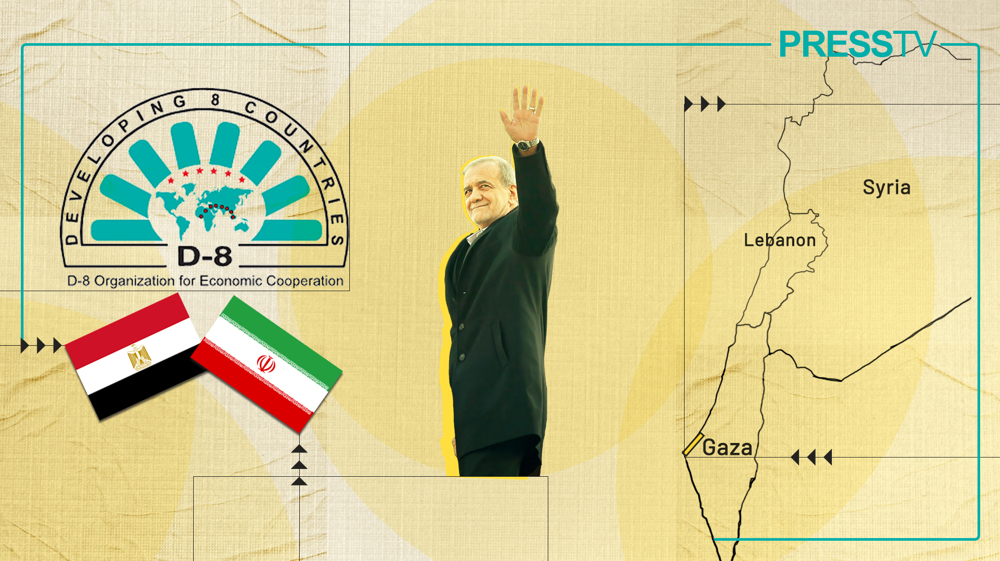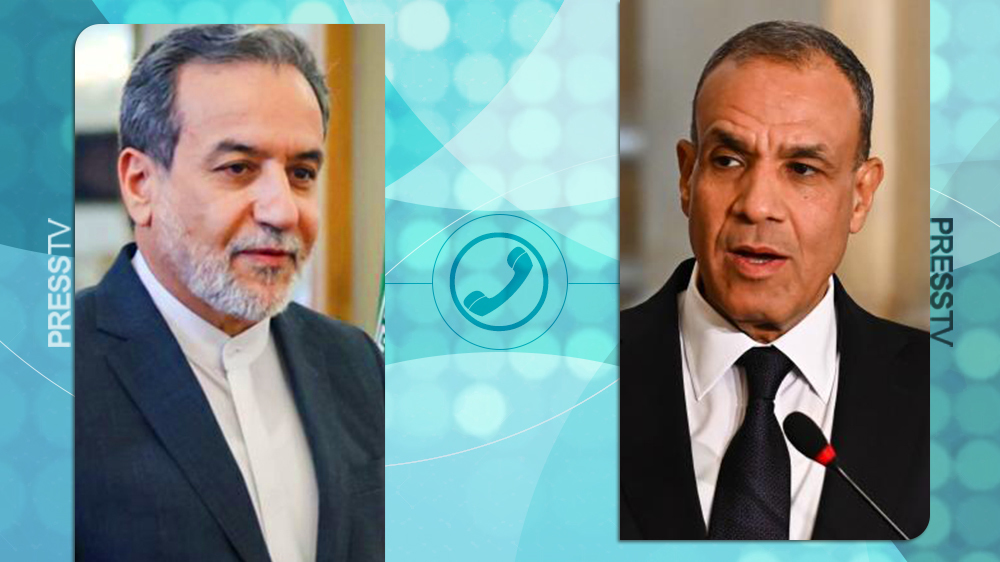Egypt military says 36 Daesh terrorists killed in Sinai clashes
The Egyptian military says three dozen members of the Daesh Takfiri terrorist group have been killed in the country’s restive Sinai Peninsula over the past five days.
The military made the announcement in a statement on Monday, saying Egyptian soldiers and police had killed 36 Daesh terrorists as part of a months-long sweeping operation against the Takfiri outfit in the troubled region.
Security forces "eliminated 30 armed Takfiri elements during a shootout with raiding forces" in the northern and central Sinai Peninsula, the statement said.
A police shootout also left six "Takfiri elements" dead and destroyed "an extremely dangerous terrorist cell,” it added.
The Egyptian military also announced that security forces had arrested 345 people, "including a number of extremely dangerous Takfiri elements and fugitives," in Sinai over the past five days.
The clashes left four Egyptian troops dead and eight soldiers wounded, including two police officers, according to the military report.
The army launched a major assault against militants in Sinai on February 9 after Egyptian President Abdel Fattah el-Sisi gave Egyptian forces a three-month deadline to crush Daesh in Sinai.
Sisi issued the ultimatum in November after suspected Daesh gunmen massacred hundreds of people at a Sinai mosque.
In recent years, militant groups have killed hundreds of soldiers, policemen and civilians in Sinai and elsewhere in Egypt.
Sinai has been the hotbed of militancy in Egypt since a coup led by Sisi ousted former president Mohamed Morsi in the summer of 2013. Sisi came to power a year later only to see attacks that had normally targeted security forces in Sinai expanded to the mainland Egypt to affect civilians.
A branch of Daesh, a Takfiri terrorist group that is on its last legs in Iraq and Syria where it was most active, has been behind many attacks in Sinai and elsewhere.
Many blame Sisi’s tough crackdown on dissent for the protracted violence in Egypt. Under the former army chief, the Egyptian judiciary has jailed tens of thousands of activists, many of them members or sympathizers of the outlawed Muslim Brotherhood, a political party from which Morsi and members of his cabinet had hailed.
Saudi delegation meets HTS leader at presidential palace in Damascus
Relentless Israeli ceasefire violations justify need for self-defense: Lebanese MP
Tel Aviv tells Damascus Israeli forces will remain in occupied territory: Report
Dec. 22: ‘Axis of Resistance’ operations against Israeli occupation
‘Abhorrent’: Oxfam says only 12 trucks delivered aid in North Gaza since Oct.
VIDEO | Leader receives religious eulogists on Hazrat Fatima birth anniv.
Pope Francis slams Israel’s ‘machine-gunning’ of Gaza children
US hostage-taking of Iranian nationals violation of intl. law: Deputy FM















 This makes it easy to access the Press TV website
This makes it easy to access the Press TV website